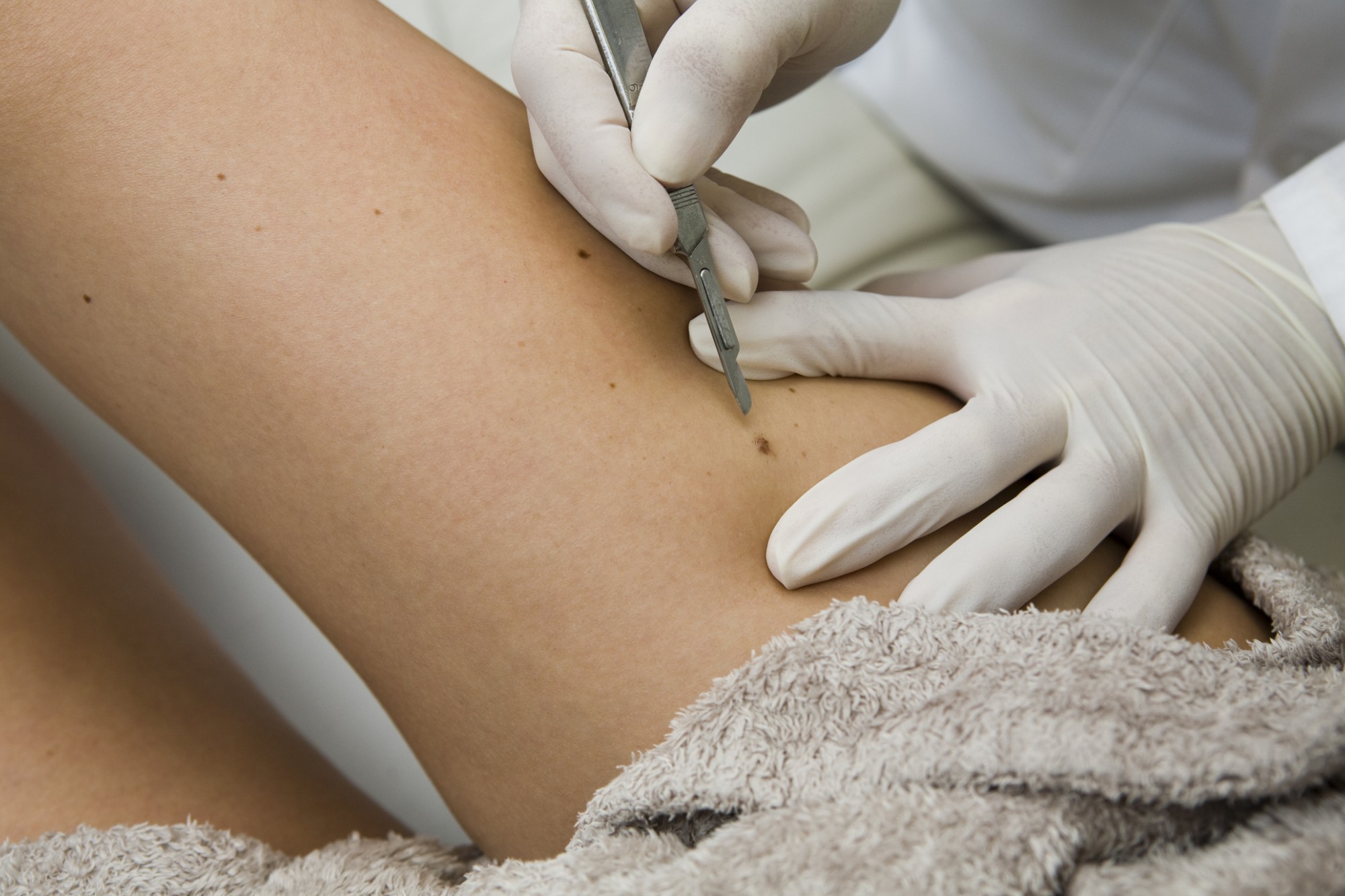
A skin biopsy is a medical procedure used to remove a small sample of skin tissue for examination under a microscope. This procedure is typically performed when there is a need to diagnose or rule out various skin conditions, including infections, inflammatory disorders, or skin cancer. By examining the skin tissue, a dermatologist can accurately identify the underlying cause of skin abnormalities, such as unusual moles, lesions, or rashes.
The procedure is relatively simple and is usually done under local anesthesia to minimize discomfort. Depending on the type of biopsy, the dermatologist may use different techniques, such as shave biopsy, punch biopsy, or excisional biopsy. The tissue sample is then sent to a laboratory for analysis, and results are typically available within a few days to a week.
A skin biopsy is an essential diagnostic tool for several reasons:
A skin biopsy is the most reliable way to obtain a definitive diagnosis for various skin conditions. If you have a suspicious lesion, unusual mole, or persistent skin issues, a biopsy can provide crucial information to guide your treatment. With early detection and accurate diagnosis, the chances of successful treatment and recovery are significantly improved.
At our clinic, skin biopsies are performed by experienced dermatologists who use the latest techniques to ensure precision and comfort. We take great care to minimize any discomfort during the procedure by administering local anesthesia. The type of biopsy performed will be determined based on the location and nature of the skin issue being evaluated. Our team will discuss the procedure with you beforehand to ensure you are well-informed and comfortable.
After a skin biopsy, you may experience some minor swelling, redness, or a small scab at the biopsy site. These symptoms are normal and should resolve within a few days. It’s important to follow aftercare instructions to prevent infection, such as keeping the area clean, avoiding scratching, and applying any prescribed ointments. The biopsy site will typically heal in a few weeks, and the results of the biopsy will be discussed with you during a follow-up appointment.